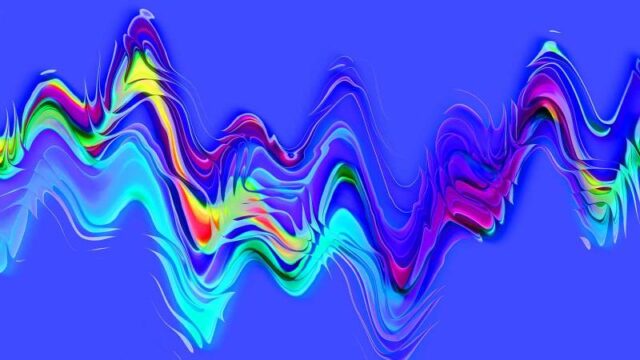
Close your eyes and imagine a sound, someone’s voice, coming from your left. It slowly shifts to come from behind you, then moves to your right. Around and around, it circles. Suddenly, the voice jumps. It was clearly in front of you but now it’s coming from somewhere else. How did it get there? Did it leap…magically?
That’s the premise of the winning magic trick, announced November 13, in a contest to craft a magical experience based solely on sound. The challenge, proposed by researchers in England a few months ago, is part of an effort to answer a simple question: Can magic tricks, which typically rely on a surprising visual element, ever be witnessed through the ears alone?
“Imagine a world where you’ve never heard music,” says magician-turned-psychologist Gustav Kuhn of the University of Plymouth. Magic tricks, he says, can be like this for the blind.
Kuhn studies magic to understand the human mind (SN: 10/20/09). “A lot of the questions that psychologists are interested in are really central to magic: perception, consciousness, but also free will, how you can influence people’s decisions and belief,” he says.
His interest in nonvisual magic was sparked last year by his student Tyler Gibgot, who is visually impaired. Gibgot’s childhood birthday celebrations would feature magic performances for his friends. “I was the only one that was in the corner not paying attention to the tricks because I couldn’t see what was going on,” Gibgot says.
Even though Gibgot couldn’t see the magic tricks as a child, hearing his friends’ awestruck squeals ignited his interest. He taught himself card tricks and took up cognitive science in college to learn how magicians manipulate people’s perception of reality — which led him to work with Kuhn.
The contest is, in part, an endeavor to make magic more inclusive for people like Gibgot. But it’s also a scientific exploration of why magic tricks rarely involve the sense of hearing.
The lack of auditory magic tricks, Kuhn says, points to fundamental differences between how our minds encode sight and sound. “We don’t know why that difference is.” One reason could be that our eyes give us continuous information about the world, but what our ears tell us is fleeting.
“Sounds constantly appear and disappear … but that’s not magic. If a rabbit appears and disappears, that is magic,” Kuhn says.
At the center of every magic trick is a conflict: We believe something is impossible, but our senses tell us it is happening. “Because we don’t tend to trust our hearing quite as much as our vision, it may be that it’s just not sufficiently powerful to elicit this type of conflict,” Kuhn says. Humans are visual beings, so we’re more surprised when our vision fools us compared to our hearing.
Conventional magic tricks that do involve hearing — like ringing a bell that doesn’t emit any sound — are either supported by other senses or rely on language. All of the 11 submissions to the contest relied somewhat on language. An auditory magic trick that doesn’t involve language could even be impossible, Kuhn admits.
Kuhn plans to reopen the competition next year and broaden its scope to engage all nonvisual senses, not just sound. And he’s hoping future submissions will move even further outside the box.
The nonvisual magic project “brings a sense of empowerment to people like myself,” Gibgot says.
For this year’s contest, three independent magicians who submitted tricks on the same principle will share the $200 prize.
source






